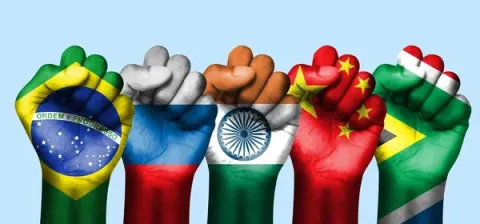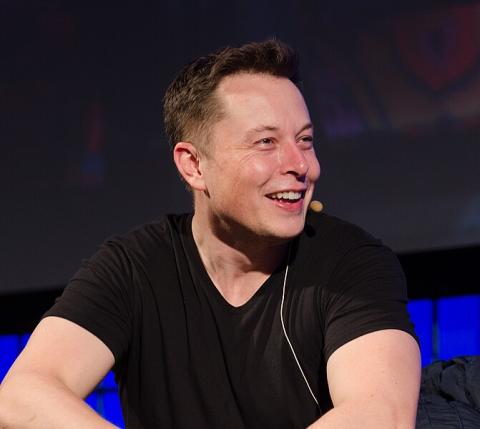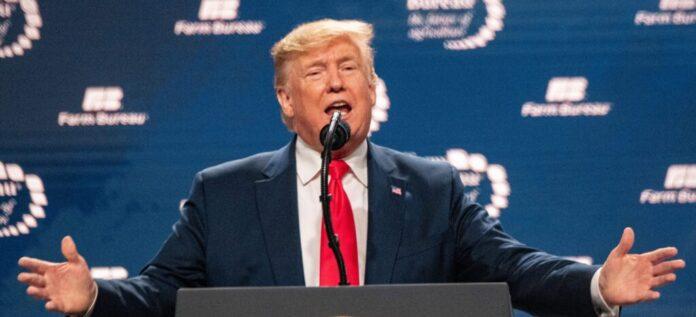Donald Trump’s victory and its impact on the global economy in 2025
Donald Trump’s return to the presidency in 2025 is a watershed moment for the global economy and political order. With his characteristic boldness and unorthodox strategies, Trump aims to recalibrate America’s global standing.
His policies prioritize economic sovereignty and reshape international alliances, challenging the status quo. This article explores the profound ripple effects of his presidency on the global economy, offering insights into the opportunities and challenges ahead.
Breaking Down the Global Order: Trump’s Vision for Sovereignty
Trump’s presidency in 2025 marks a decisive shift from decades of globalization. His administration rejects the liberal economic norms of free trade and multilateral agreements, branding them as outdated and harmful to U.S. interests.
Early in his term, Trump announced the U.S.’s withdrawal from long-standing trade agreements such as the Trans-Pacific Partnership (TPP), signaling a clear pivot to bilateral negotiations. By implementing protectionist policies like higher tariffs on imported goods, Trump bolsters domestic manufacturing but simultaneously disrupts global supply chains.
For instance, his decision to impose a 25% tariff on electronics from China in early 2025 sent shockwaves through tech markets, leading to price hikes worldwide. These measures, though criticized by economists, resonate with Trump’s voter base, who see them as steps toward economic independence.

A New Economic Landscape: Global Realignments
The global economy in 2025 is shaped by Trump’s emphasis on transactional diplomacy.
Traditional U.S. allies, particularly in Europe, express dismay over America’s retreat from collective agreements, unifying some emerging economies like those in the BRICS bloc to assert greater influence.
The BRICS nations—Brazil, Russia, India, China, and South Africa—are accelerating efforts to create an alternative reserve currency, reducing reliance on the U.S. dollar.
In response, Trump’s administration launched the "Financial Innovation Initiative," a program aimed at modernizing America’s monetary policies.
This move seeks to safeguard the dollar’s global dominance while accommodating a more multipolar economic framework.

Strengthening Alliances with the Global South
One of Trump’s most notable strategies is forging stronger ties with the Global South.
By 2025, the U.S. is expected to finalize trade deals with Brazil and India, collectively worth over $200 billion, focusing on energy, technology, and agricultural exports.
These potential agreements underline America’s push to diversify trade partnerships and reduce dependence on China.
Critics argue that this shift alienates European allies, who feel sidelined in favor of emerging markets.
However, Trump’s supporters see these alliances as vital for securing America’s future economic leadership in a rapidly evolving global landscape.

Elon Musk’s Role: Revolutionizing Governance
Trump’s presidency is characterized by unconventional appointments, the most prominent being Elon Musk as head of government auditing.
Musk’s tenure began with a comprehensive review of federal aid programs, including U.S. support for Ukraine during its ongoing conflict with Russia.
By mid-2025, Musk revealed that 15% of the allocated funds were unaccounted for, sparking bipartisan outrage and high-profile resignations.
Musk’s ability to combine technological innovation with governance has set a new standard for transparency.
His "Digital Accountability Project," launched in partnership with leading blockchain companies, is designed to track every dollar spent by federal agencies.
This initiative not only restores public trust but also positions Musk as a symbol of modern governance in an age of digital transformation.
The UK’s Strategic Adaptation
For the United Kingdom, Trump’s presidency presents a complex mix of challenges and opportunities.
Post-Brexit Britain faces heightened competition in global trade, but Trump’s focus on bilateral agreements provides an opening. By mid-2025, the UK is likely to secure a $75 billion trade deal with the U.S., centered on renewable energy and fintech collaboration. Additionally, London’s investments in technology have positioned it as a leader in digital innovation.
Using its expertise in artificial intelligence and cybersecurity, the UK remains relevant amid global economic turbulence, proving its ability to thrive in a world reshaped by Trump’s policies.
Navigating an Era of Uncertainty
Donald Trump’s victory in 2025 is more than a political milestone, it’s a turning point for global economics.
His rejection of multilateralism, focus on transactional alliances, and promotion of economic sovereignty challenge the foundations of the liberal order. Yet, this disruption creates opportunities for nations willing to adapt.
The rise of figures like Elon Musk in governance reflects the growing integration of technology into policymaking.
Musk’s approach to accountability sets a precedent for how governments worldwide may evolve to meet the demands of the digital age.
As the global economy enters uncharted territory, the decisions made during Trump’s presidency are poised to shape international trade, diplomacy, and governance for decades.
In this rapidly shifting landscape, adaptability and strategic foresight will determine which nations emerge as leaders in the new global order.
